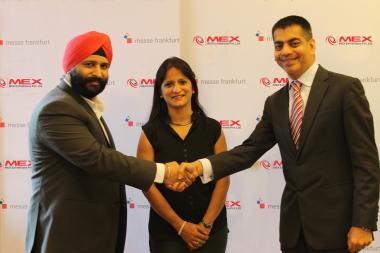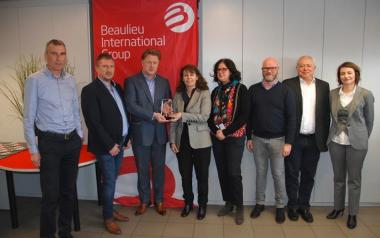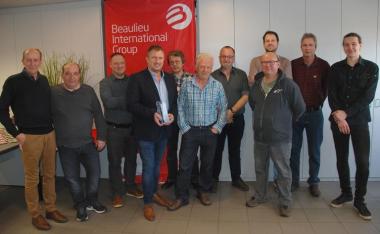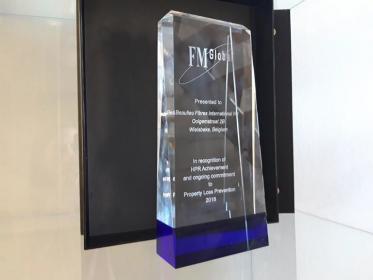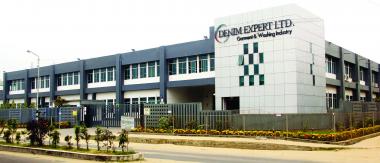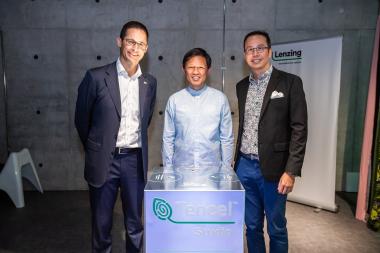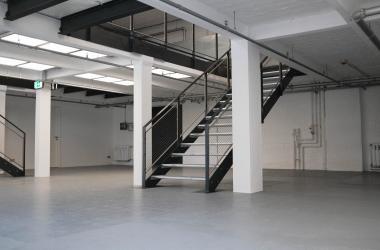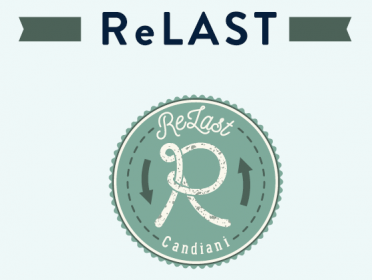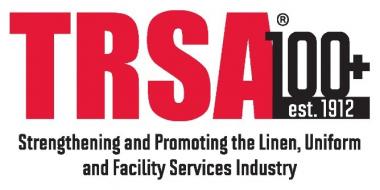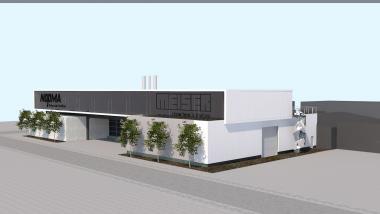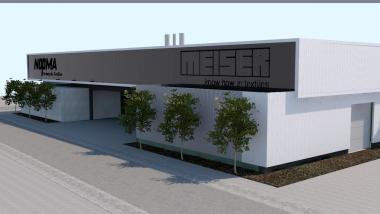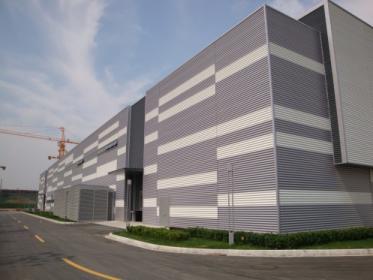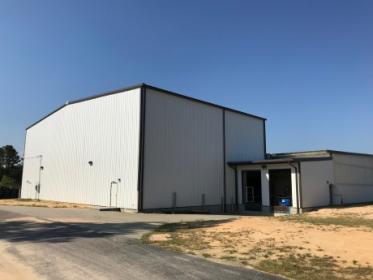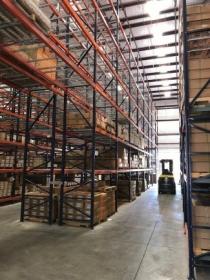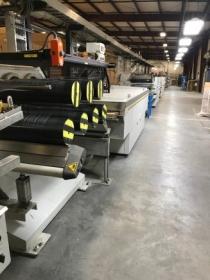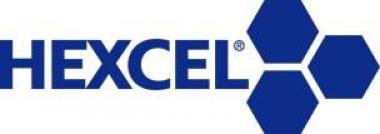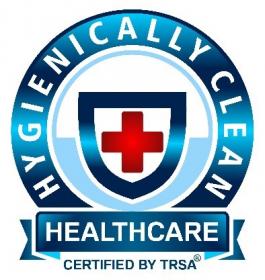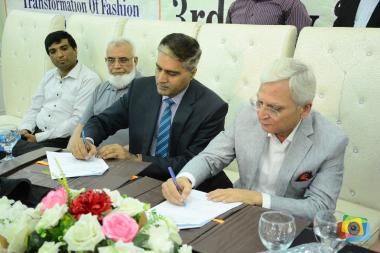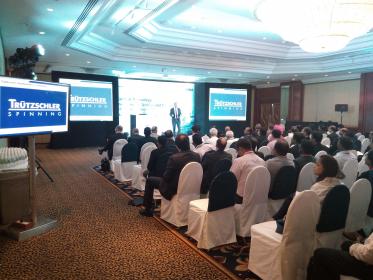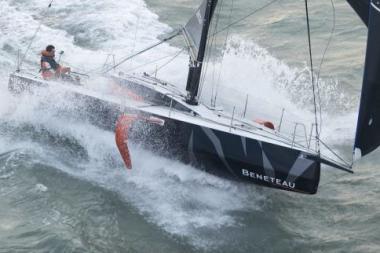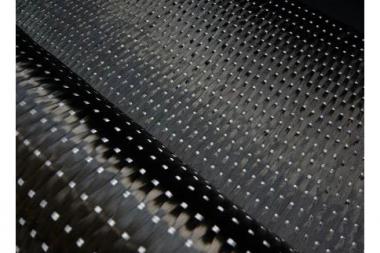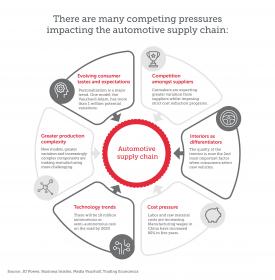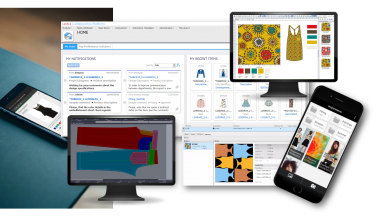Industrial partnership wear2wear: recycled, recyclable and PFC-free functional fabrics
wear2wear is an innovative industrial partnership dedicated to high-quality and sustainable clothing. Five expert partners in Europe have come together to cover the entire recycling loop. On cutting-edge production systems, textile fibres from used clothing will be turned into functional fabrics. Schoeller Textil AG is supplying a wholistic textile portfolio for the workwear area. At Schoeller Textil, the recyclable, functional fabrics from the wear2wear concept belong to the Inspire fabric group. These are high-quality protective workwear fabrics made of 100 percent polyester, which offer the greatest clothing comfort and often feel just like cotton. They are also compliant with the stringent requirements of the bluesign® system.
The sustainable wear2wear concept is synonymous with high-quality, responsible clothing. In European operations, textile fibres from used garments are used to produce new functional fabrics. Depending upon the area of intended use, they also meet strict waterproofing, breathability, protection and comfort requirements. To ensure that the raw material cycle comes full circle, these textiles can be recycled again when they reach the end of their service life. As a result, there is no waste, and they go on to produce new garments. As the wear-2-wear partner companies guarantee that – from the quality of the raw materials to the guaranteed recycling end process – these are 100 percent recyclable, functional fabrics made of recycled textile fibres. Water- and dirt-repelling technologies based on renewable raw materials, along with the most advanced membrane technology, will ensure that the textiles are manufactured and impregnated entirely without the use of PFC in the future too.
Five partner companies
The five European partner companies in the wear2wear cooperation cover the entire recycling loop. Heinrich Glaeser Nachfolger GmbH is a German fibre and yarn producer and the “recycler” in the loop. Märkischen Faser GmbH (D) is the “upcycler” and fibre manufacturer. Carl Weiske GmbH & Co. KG (D) develops the polymers, fibres, yarns, chemical additives and textile systems, and TWD Fibres GmbH (D), a fully-integrated filament yarn producer, covers the entire range of polyester and polyamide 6.6 continuous filament yarns. Schoeller Textil AG, the innovative Swiss company, is responsible for textile production and manufactures sustainable high-tech fabrics with maximum clothing comfort. The matching climate-neutral and similarly 100 percent recyclable PTFE and PFC-free membrane, as well as recycled outer materials and linings, are supplied by Sympatex Technologies (D), the ecological alternative among the textile function specialists. DutchSpirit is a Dutch company which has been dedicated to environment-friendly clothing since 2010. Its mission is to significantly increase the awareness for sustainable clothing and offer recyclable clothing in the workwear segment. DutchSpirit is the initiator for the development of the Inspire products from Schoeller Textil and provided the inspiration for the wear2wear concept. Further garment-making partners who now also belong to the cooperative group include: Anchor Workwear BV (NL), Hüsler Berufskleider AG (CH), Groenendijk Bedrijfskleding BV (NL), Bedrijfskledingdiscounter BV (NL) and Rifka'S (NL).
Schoeller Textil AG








